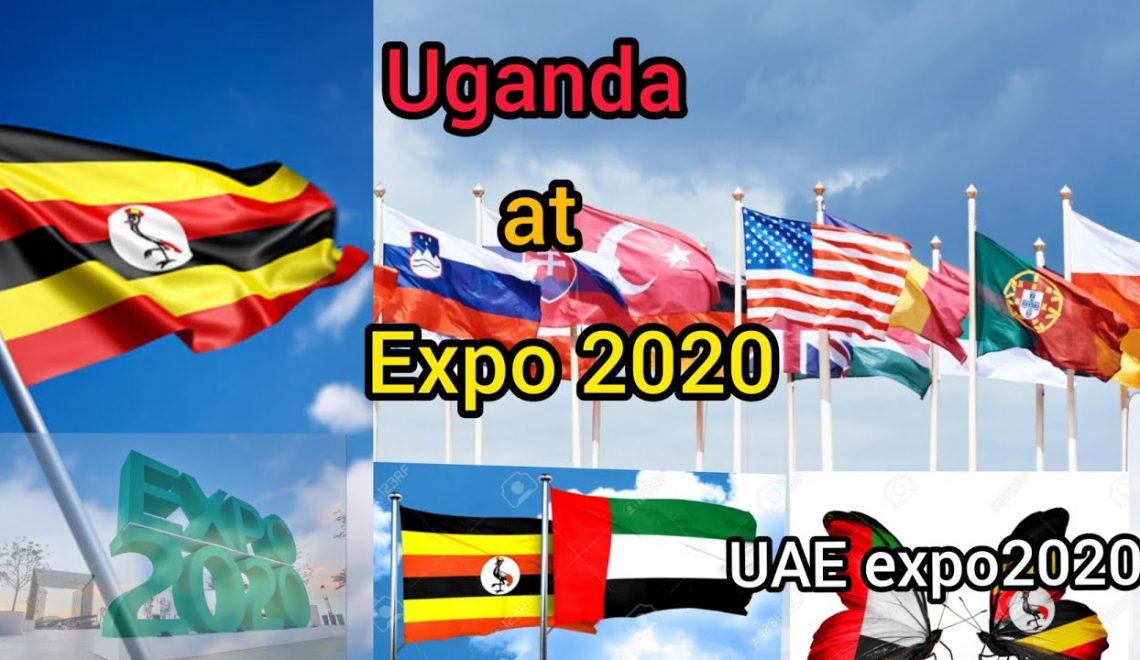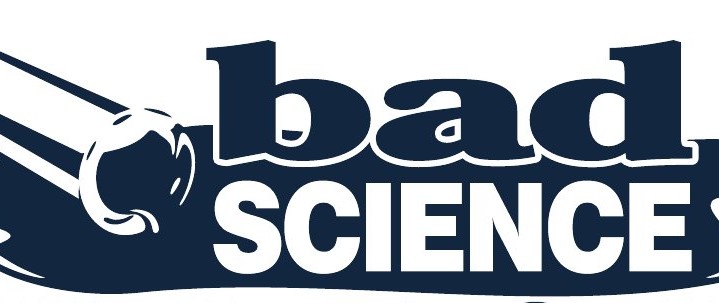
The trending subject on social media this week has been the #DubaiExpo2020. It is referred to as such because it was supposed to have taken place last year but did not because of the Covid-19 pandemic. Uganda is one of 190 countries exhibiting at the trade fair and we brought out all the big guns – from the President down to the dancers. I suppose we pulled out all the stops.
Despite putting our ‘best foot forward’ social media streets have remained awash with negative vibes about our stall and its contents. From a group of MPs who wandered in and found the place ‘abandoned’ to the harshest critics of Government, no quarter has been given. There were complaints about almost everything. From the products (mats and drums plus Lato™ ghee), to complaints about poor use of ICTs (virtual reality) and the constitution of the delegation (too many government officials?).
The criticism and dissing would not have been a problem, only that it is mainly coming from the ‘children of the soil’. Why one should ask, would our own people be at the forefront of bashing Government’s efforts to showcase Uganda and attract foreign investment? One would have expected that when faced with an external foe, the default position would be to circle the wagons and protect our motherland. Not so it seems.
How did we arrive at such a pass? Why are we having such a prolonged season of disillusionment? The elections came and went but we continue to see serious rifts and little healing. I think there are many reasons for what is happening in our country, most of which centre around the problem of trust. First, as I have said here before (see the Daily Monitor, June 26, 2021), is the problem of a badly tattered social contract. A social contract is a compromise that political authority and obligation are based on the individual self-interests of members of society who are understood to be equal to one another, with no single individual invested with any essential authority to rule over the rest. The longevity of the current political leadership (which has advantages and disadvantages) seems to have impacted the legitimacy of the government itself. Hence a buildup of cynicism and discontent.
Second, is the restlessness of the young elites occasioned by lack of jobs and future prospects. Surprisingly, the emergence of the current crop of social media critics, also speaks to the success of government in eradicating most killer diseases, giving many a chance to go to school and making promise of a better future that never seems to materialize. I have seen graduates who have been unable to access formal employment for the last fifteen years! But these graduates have received an elitist education in which they have no skills but expect the state to provide for them. An education policy that depicted vocational education as a last option is to blame here.
Third, is the extensive network of corruption that tends to delegitimize government’s best efforts. The national perception of corruption gives Uganda a ranking of 153 out of 181 countries. The failure to uniformly punish perpetrators does not help matters. It is very clear that the dispensation of justice has not been even handed or uniform. Yet corruption remains a universal problem, curtailing economic growth and development, and denying citizens access to services. Conspiracy theories have thus arisen, referring to Mafias and the like. Whether true or not, this has not helped government win over critical groups of the middle class who felt left out of the ‘feast’.
Little wonder then, that when Government has gone overboard to market the Country as an investment destination at the Dubai Expo, the response from certian swathes of the citizenry have been scathing. Of course there is always room for improvement, but the cynicism is quite palpable. Our government officials seem to be damned if they do, damned if they don’t.
Samuel Sejjaaka is Country Team Leader at Mat Abacus Business School. Twitter @samuelsejjaaka



